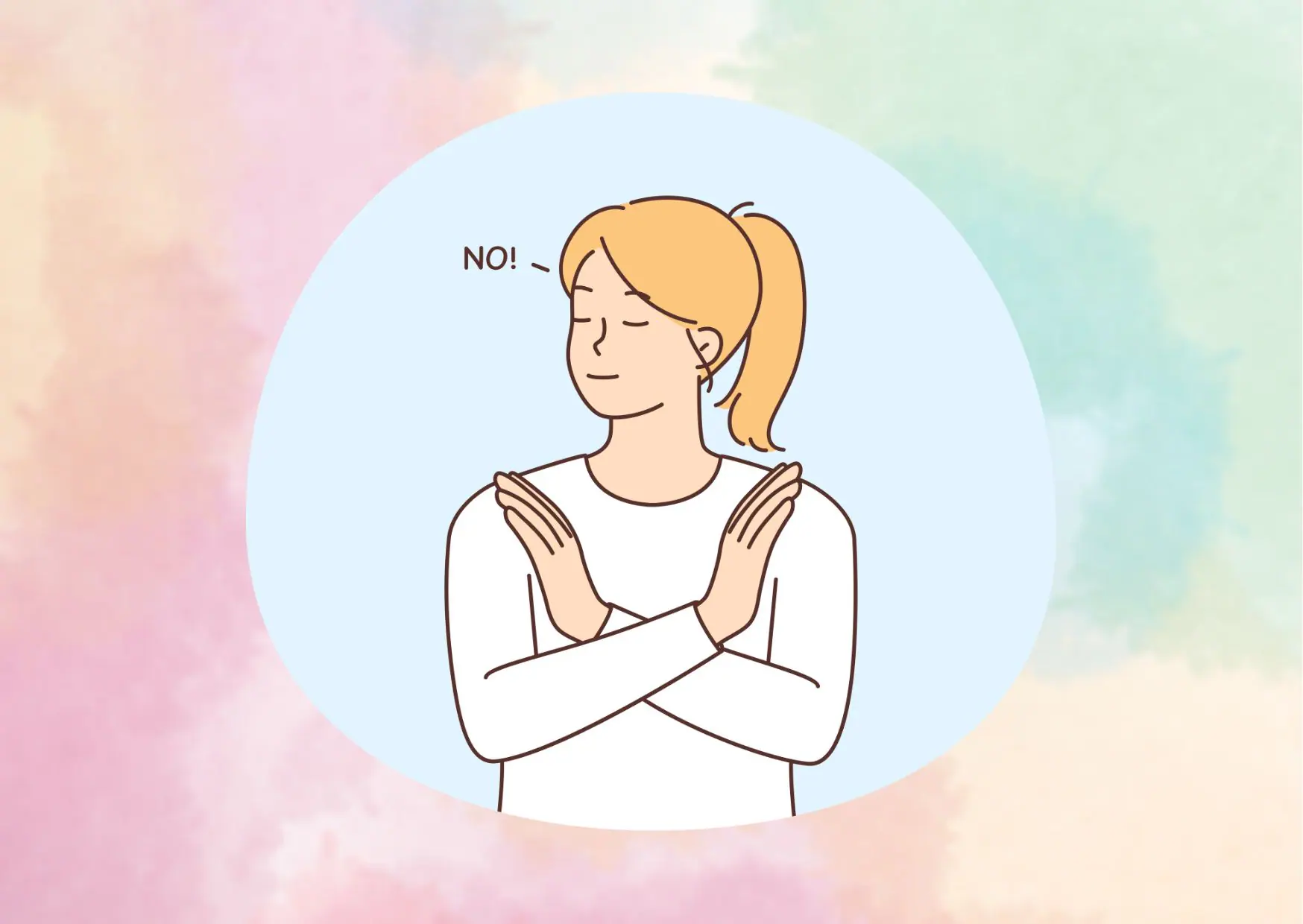12 Reasons Behind Growing Trend of Voluntary Celibacy: Why People Choose It
In recent years, the concept of voluntary celibacy has gained increasing attention, challenging societal norms surrounding relationships and intimacy. Voluntary celibacy refers to the deliberate choice to abstain from sexual activity, despite having the opportunity or desire for it. This lifestyle decision stems from various personal, spiritual, or philosophical reasons, transcending traditional notions of celibacy associated solely with religious practices.
The rise of voluntary celibacy is an intriguing phenomenon that sheds light on the evolving dynamics of human relationships, sexuality, and individual autonomy. This article delves into the multifaceted aspects of voluntary celibacy, exploring its historical context, psychological benefits, social implications, and the diverse motivations behind embracing this lifestyle choice in the modern age of technology and shifting societal values.
What is Voluntary Celibacy?
Voluntary celibacy refers to the conscious decision to abstain from sexual activity, despite having the opportunity or desire for it. It is a personal choice that individuals make for various reasons, distinct from involuntary celibacy or asexuality.
Defining Voluntary Celibacy
Voluntary celibacy is a deliberate choice to refrain from sexual practices. It can differ from person to person, with some individuals choosing to abstain from sex completely, while others may engage in outercourse or solo masturbation. Celibacy is not contingent upon sexual orientation or a lack of sexual desire; voluntarily celibate individuals can experience sexual urges but opt not to act on them.
Intentional vs. Unintentional Celibacy
It is crucial to differentiate between intentional and unintentional celibacy. Intentional celibacy is a conscious choice made by an individual, aligning with their personal values, beliefs, or life circumstances. On the other hand, unintentional celibacy is not a deliberate decision but rather a result of external factors, such as the inability to find a suitable partner or personal struggles.
While some individuals may initially find themselves in a state of unintentional celibacy, they may later embrace it as a conscious choice, transforming it into intentional celibacy. Conversely, those who initially chose celibacy voluntarily may later decide to become sexually active, indicating the fluid nature of this lifestyle choice.
Historical Context of Celibacy
The practice of celibacy has deep historical roots that span various cultures and belief systems. Its origins can be traced back to ancient civilizations, where it was embraced for diverse reasons, ranging from spiritual pursuits to societal norms.
Ancient Practices
In the great pagan religions of the ancient Mediterranean, celibacy was practiced in various contexts. The institution of the Vestal Virgins in Rome, who were required to remain celibate for at least 30 years of their service, indicates the ancient nature of celibacy in Roman religion. As Classical civilization developed, two ideals of masculine celibacy emerged: that of the ascetic philosopher and that of the priest of the mystery religions.
The Pythagoreans exemplified the former, emphasizing study, vegetarianism, and sexual restraint or abstinence. Many later philosophers believed that celibacy fostered the detachment and equilibrium required for their calling. The Stoic philosopher Epictetus, for instance, held that the ideal teacher would be unmarried and free from the cares of family life.
Celibacy and Cults
A different perspective was set by the celibate priests of the mystery cults. Celibacy was particularly characteristic of priest-devotees of the Great Mother cults, such as the religion of Isis, where sexual abstinence was an absolute requirement for those who celebrated her holy mysteries. In many other cults, an inner circle of worshipers was required to observe strict continence.
Celibacy was first practiced in Christianity due to expectations of the apocalypse. The original Christians believed that the kingdom of God was imminent, and in the new age, there would be no marriage, as all would be like angels. Some followers of Jesus renounced family life to devote themselves to proclaiming the coming of the kingdom. St. Paul commended celibacy, though he recognized the legitimacy of marriage for those who could not follow this higher ideal.
Modern Interpretations
As Christianity spread, the concept of celibacy evolved. In the early centuries, some Christian thinkers took the extreme view that all Christians should renounce marriage, while others defended marriage against the notion that the flesh and all matter were evil. Many writers held that marriage was good, but celibacy was better.
The pre-Christian idea that sexual activity was particularly wrong for those who officiated at the altar was assimilated by Christians, leading to ordained men giving up sexual relations with their wives. The regional Council of Elvira in Spain decreed that all priests and bishops, married or not, should abstain from sexual relations.
The subsequent history of celibacy in the Western church reveals ambivalence. Although not rigorously enforced in the early Middle Ages, the practice of clerical celibacy was promoted as part of the Carolingian reform of the church in the 8th and 9th centuries. The supporters of the Gregorian reform movement of the 11th century sought to enforce clerical celibacy, and their efforts were made part of church law at the first and second Lateran Councils, establishing the official position of the Roman Catholic Church.
Psychological and Emotional Benefits
Embracing a voluntary celibate lifestyle can offer profound psychological and emotional benefits for individuals who choose this path. Here are some key advantages:
Improved Mental Health
People who choose to be celibate often find that not having sex helps their mental health. Some report that sex was previously a distraction or preoccupation for them, and abstinence helps to keep their minds clear. Others find that sexual activity causes them stress, and they’re happier not worrying about it. Choosing to be celibate frees them from thinking about or planning sexual encounters, allowing them to channel their energy into other activities. Studies have even found that girls who delay sexual activity are more likely to finish high school.
Increased Self-Reflection
Voluntary celibacy can foster increased self-awareness and self-reflection. Without the distraction of sexual desires or relationships, individuals may find it easier to turn inward and explore their own needs, values, and personal growth. This introspection can lead to a deeper understanding of oneself and a stronger sense of identity.

